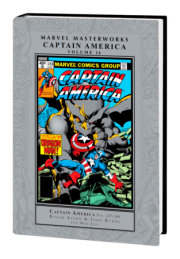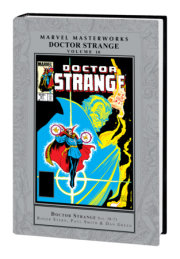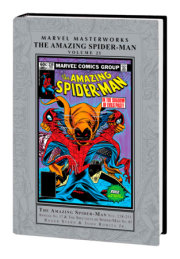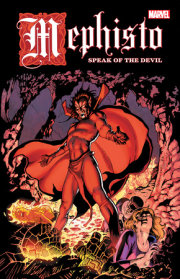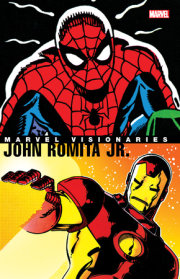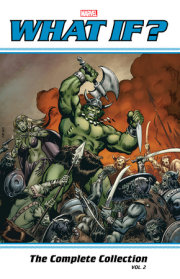Roger Stern enjoyed well-regarded runs on Amazing Spider-Man, in which he introduced Captain Marvel (Monica Rambeau) and the Hobgoblin; Avengers; and Captain America. He launched West Coast Avengers and wrote numerous tie-in miniseries starring Earth’s Mightiest Heroes. At DC, he relaunched Atom and co-created Starman (Will Payton) before participating in one of comics’ most shocking events: the 1992 “Death of Superman.” He later returned to Marvel to write Amazing Spider-Man and related titles.
John Byrne has worked continuously in the comics industry as both writer and artist since 1975. After he initially collaborated with writer Chris Claremont on Iron Fist, Byrne and Claremont moved on to X-Men for a run still regarded as one of the title’s finest. Byrne contributed an equally famed stint on Fantastic Four, earning comparisons to the original Lee/Kirby issues for his imaginative plotlines and dynamic artwork. He also spun Alpha Flight into its own title. In 1986, he revamped DC’s flagship hero, Superman, reimagining the Man of Steel in a historic project heralded by a Time magazine cover. His remarkable contribution to the Marvel Universe extends to memorable associations with virtually every major hero, including celebrated runs on Captain America, Iron Man, Sensational She-Hulk, Namor the Sub-Mariner and Thing. In the 21st century, Byrne’s considerable body of work includes IDW’s Star Trek and Angel.
Bob Layton began as a prolific and popular inker for Charlton, Marvel and DC Comics, where he first teamed with longtime collaborator David Michelinie on Claw the Unconquered and Star Hunters. The Michelinie-Layton duo’s writing work on Iron Man (1978-1982 and 1987-1989) is one of the most popular and influential interpretations of that character. Leaving Marvel in 1990, he became a key writer/artist/editor at Valiant Comics, where he co-created characters such as X-O Manowar and rose to the post of editor in chief before departing. He still does occasional freelance work for DC and Marvel, notably Michelinie-Layton reunion projects Iron Man: Bad Blood (2000), Iron Man: Legacy of Doom (2008) and Iron Man: The End (2009).
John Buscema (1927-2002) literally wrote the book on being a Marvel artist — namely, How To Draw Comics the Marvel Way — and few were better qualified. His career dated back to the Timely/Atlas era of the late ’40s and early ’50s. Soon after beginning the Marvel Age of Comics, Stan Lee recruited Buscema from the advertising field to the Marvel Bullpen. Buscema followed a long run on Avengers with the long-anticipated first Silver Surfer series. He subsequently succeeded Jack Kirby on Fantastic Four, Thor and other titles. By the time of his retirement in 1996, Buscema had penciled nearly every Marvel title — including his personal favorite, Conan the Barbarian.
Jackson “Butch” Guice began his Marvel career during the 1980s penciling Micronauts, New Mutants and X-Factor. He moved to DC for a fan-favorite run on Flash, subsequently illustrating nearly three years’ worth of Action Comics and participating in the “Death of Superman” event. He also co-created Resurrection Man and provided artwork for Birds of Prey. Back at Marvel, he penciled Captain America, Iron Man, Ultimate Origins and more. He has also worked on CrossGen’s Ruse, Dark Horse’s film tie-ins Terminator: Endgame and Aliens/Predator, First’s Badger and Nexus, and Valiant’s Eternal Warrior.
Keith Pollard drew simultaneous runs on three of Marvel’s longest-running titles: Amazing Spider-Man, Fantastic Four and Thor, including Roy Thomas and Mark Gruenwald’s “Eternals Saga.” During the 1990s, he singlehandedly penciled hundreds of characters for the Official Handbook of the Marvel Universe: Master Edition.






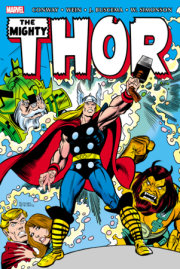
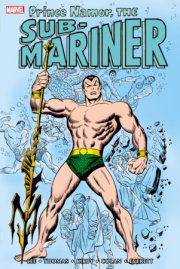
![MARVEL MASTERWORKS: THE SILVER SURFER VOL. 1 [REMASTERWORKS]](https://images.penguinrandomhouse.com/cover/9781302956042?width=180)
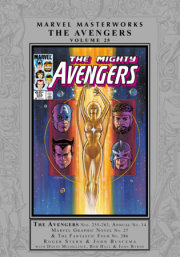
![SILVER SURFER OMNIBUS VOL. 1 JOHN BUSCEMA FIRST ISSUE COVER [NEW PRINTING 2]](https://images.penguinrandomhouse.com/cover/9781302963583?width=180)
![FANTASTIC FOUR EPIC COLLECTION: THE MORE THINGS CHANGE... [NEW PRINTING]](https://images.penguinrandomhouse.com/cover/9781302963927?width=180)
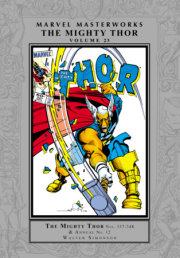
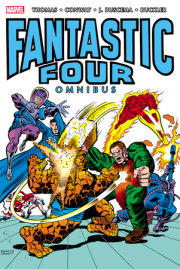
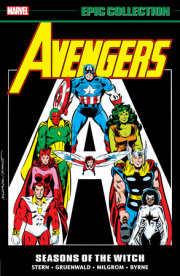
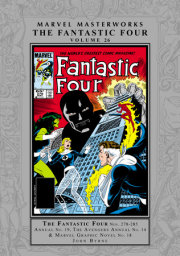
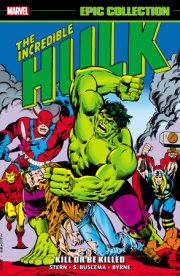
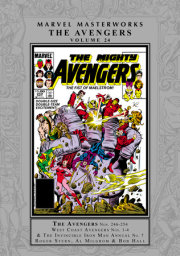
![AMAZING SPIDER-MAN EPIC COLLECTION: THE SECRET OF THE PETRIFIED TABLET [NEW PRINTING]](https://images.penguinrandomhouse.com/cover/9781302957810?width=180)
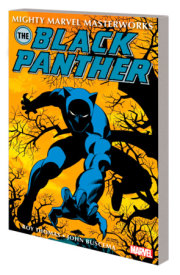
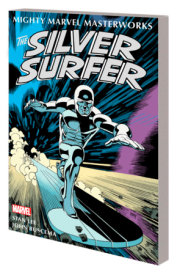
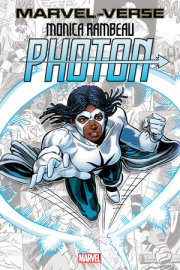

![THE AVENGERS OMNIBUS VOL. 3 [NEW PRINTING]](https://images.penguinrandomhouse.com/cover/9781302953607?width=180)
![AVENGERS EPIC COLLECTION: THIS BEACHHEAD EARTH [NEW PRINTING]](https://images.penguinrandomhouse.com/cover/9781302950521?width=180)
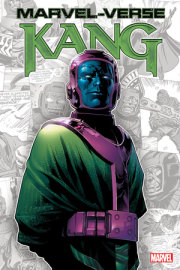
![THE AVENGERS OMNIBUS VOL. 2 [NEW PRINTING]](https://images.penguinrandomhouse.com/cover/9781302953560?width=180)
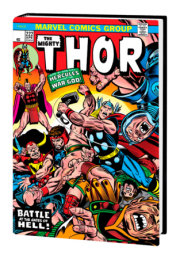
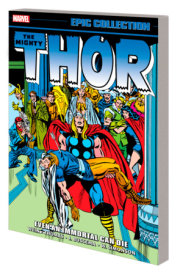
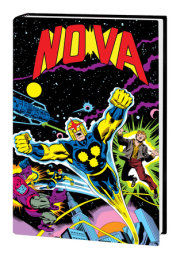
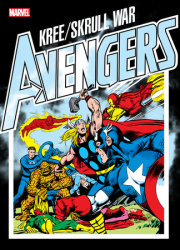
![WOLVERINE OMNIBUS VOL. 2 [NEW PRINTING]](https://images.penguinrandomhouse.com/cover/9781302945138?width=180)
